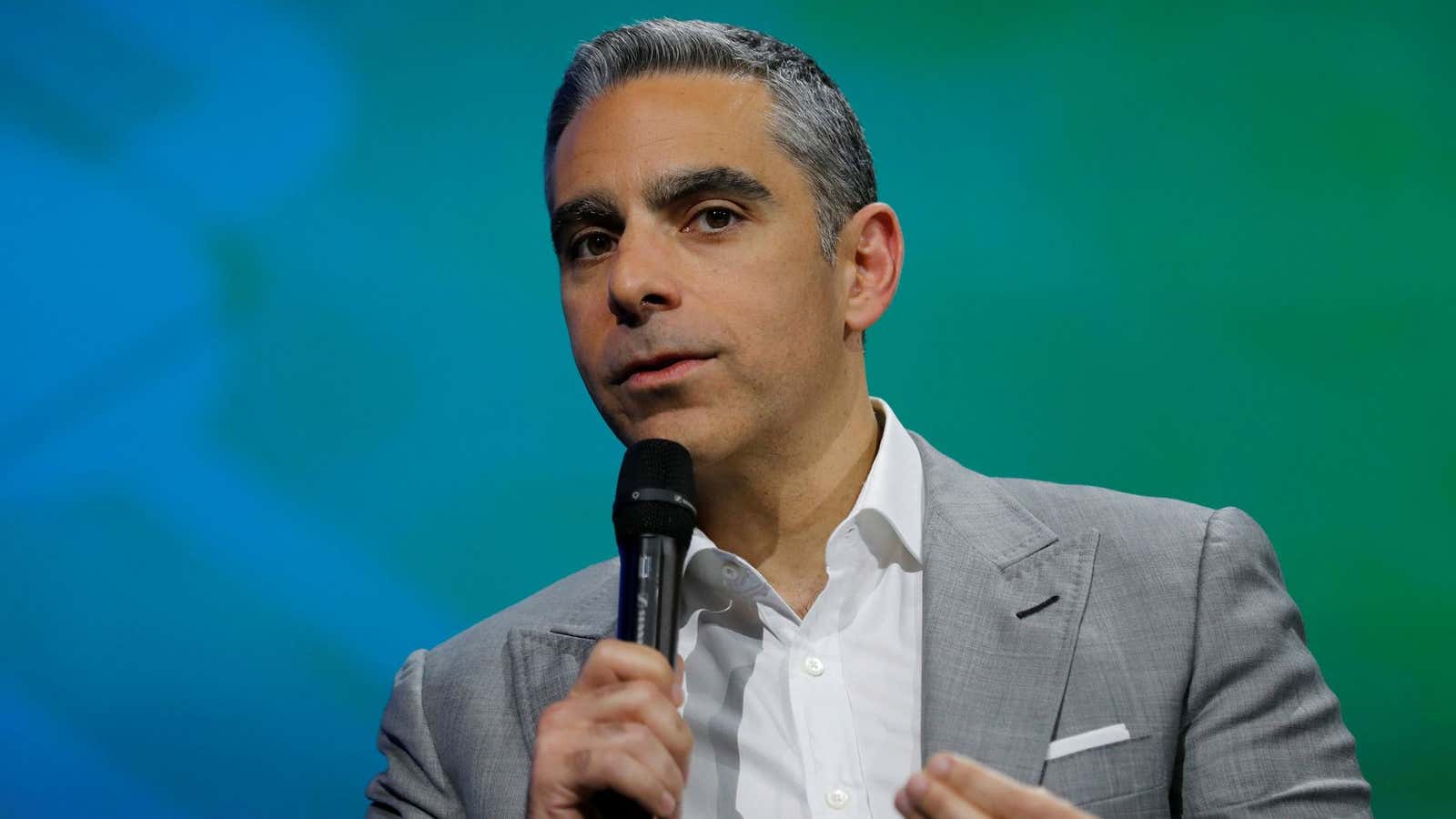The drama following the abrupt exit of Instagram’s founders from its parent company Facebook continues to heat up. Two days after Kevin Systrom and Mike Krieger announced they were leaving, reportedly over increasing meddling from Facebook leadership in the photo-sharing app, Forbes published an explosive profile of Brian Acton, one of the founders of WhatsApp, who also recently left Facebook. The story paints a somewhat unflattering picture of Facebook CEO Mark Zuckerberg and COO Sheryl Sandberg, who reportedly aggressively pushed to monetize WhatsApp, putting business concerns over the messaging app’s founding values of user privacy and experience.
Facebook’s response to Acton’s claims has been relatively muted. That was until David Marcus, the head of blockchain initiatives at Facebook, posted a “note” on his Facebook page. He tweeted that he “couldn’t take it anymore,” and started his post assuring everyone no one at Facebook asked him to express what he felt.
Call me old fashioned,” writes Marcus, who joined Facebook in 2014. “But I find attacking the people and company that made you a billionaire, and went to an unprecedented extent to shield and accommodate you for years, low-class. It’s actually a whole new standard of low-class.”
In the post, he extolled Zuckerberg, underlining how much freedom the CEO gives to founders of companies acquired by Facebook, and that Zuckerberg “protected” WhatsApp from any attempts to encroach on its end-to-end encryption, or to insert advertising into the app. He closed with a full-throated defense of the company and its leader, making it sound like an idealistic utopia whose only goal is to connect people, and not the massive ad-based business that it is.
I’ll close by saying that as far as I’m concerned, and as a former lifelong entrepreneur and founder, there’s no other large company I’d work at, and no other leader I’d work for. I want to work on hard problems that positively impact the lives of billions of people around the world. And Facebook is truly the only company that’s singularly about people. Not about selling devices. Not about delivering goods with less friction. Not about entertaining you. Not about helping you find information. Just about people. It makes it hard sometimes because people don’t always behave in predictable ways (algorithms do), but it’s so worth it. Because connecting people is a noble mission, and the bad is far outweighed by the good.
